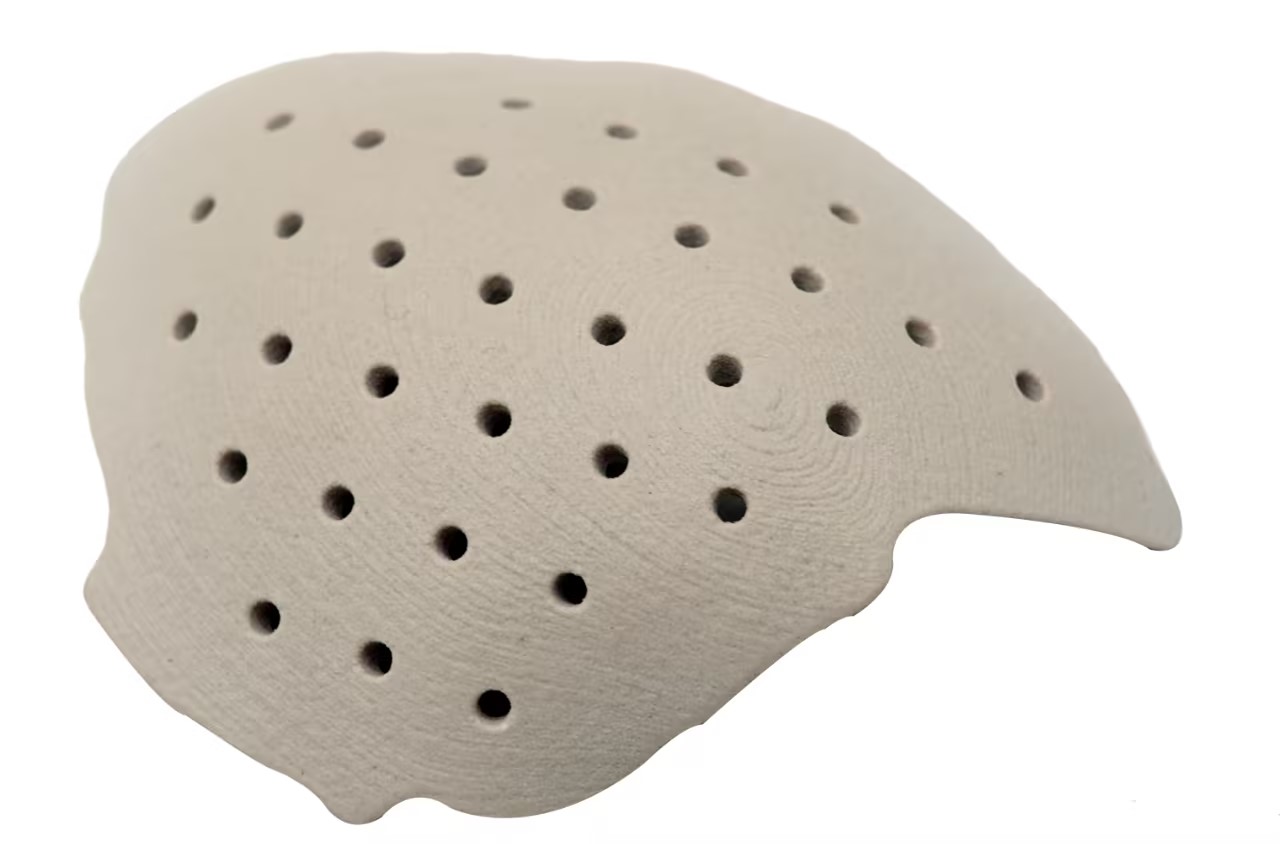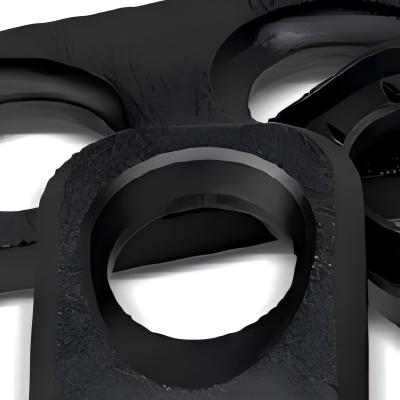Compare 3D Printing Materials
Explore and compare 3D printing materials to find the best fit for your project. From durable plastics to flexible resins, our guide highlights key properties like strength, flexibility, and surface finish, helping you choose the right material for prototyping, production, or custom parts.
PEEK
Process:
Corrosion Resistance, Strength, Temperature Resistant
PEEK (Polyether Ether Ketone) is a high-performance engineering plastic widely used in aerospace, automotive, medical, and electronics industries. As a material that is resistant to high temperatures, chemical corrosion, and wear, PEEK offers exceptional strength and rigidity in 3D printing, making it suitable for demanding functional parts. It can withstand temperatures exceeding 250°C and maintain stable performance under high loads and extreme conditions. PEEK also has excellent electrical insulation properties and biocompatibility, making it an ideal choice for medical implants and high-end industrial components.
Flame Retardant Resin
Process: LCD
Flame Resistance
Flame-retardant resin is a high-performance material formulated with specialized additives to significantly reduce flammability and slow down flame propagation. While maintaining excellent mechanical strength and processability, it meets stringent fire safety standards. Ideal for electronics enclosures, aerospace components, transportation parts, and other applications requiring superior fire resistance, this resin enables precise 3D printing of complex geometries while ensuring reliable performance under high temperatures and flame exposure.



